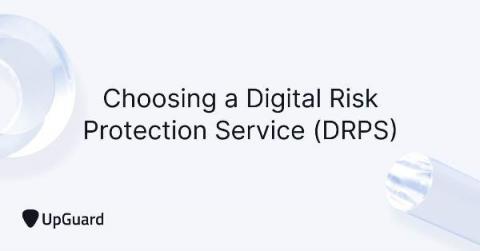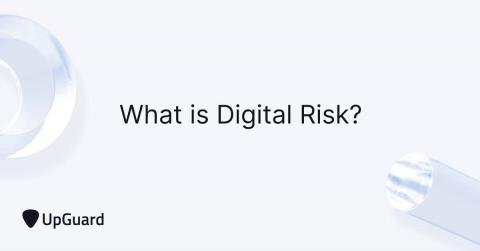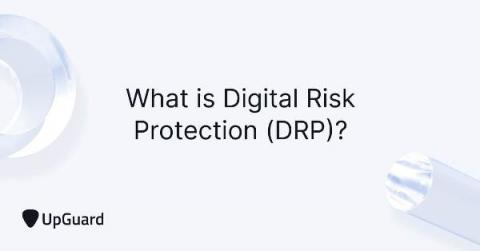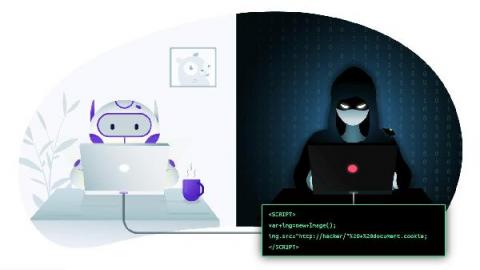How to choose a Digital Risk Protection Service (DPRS)
Digital risks are an inevitable by-product of an expanding ecosystem, and an expanding ecosystem is essential to societies' progression into the fourth industrial revolution. This unsettling conundrum has given rise to a novel field of cybersecurity known as Digital RIsk Protection (DRP). But like all novel solutions, it can be difficult to identify the capable minority from the majority still finding their feet.











